Stocks rise after two-day fall
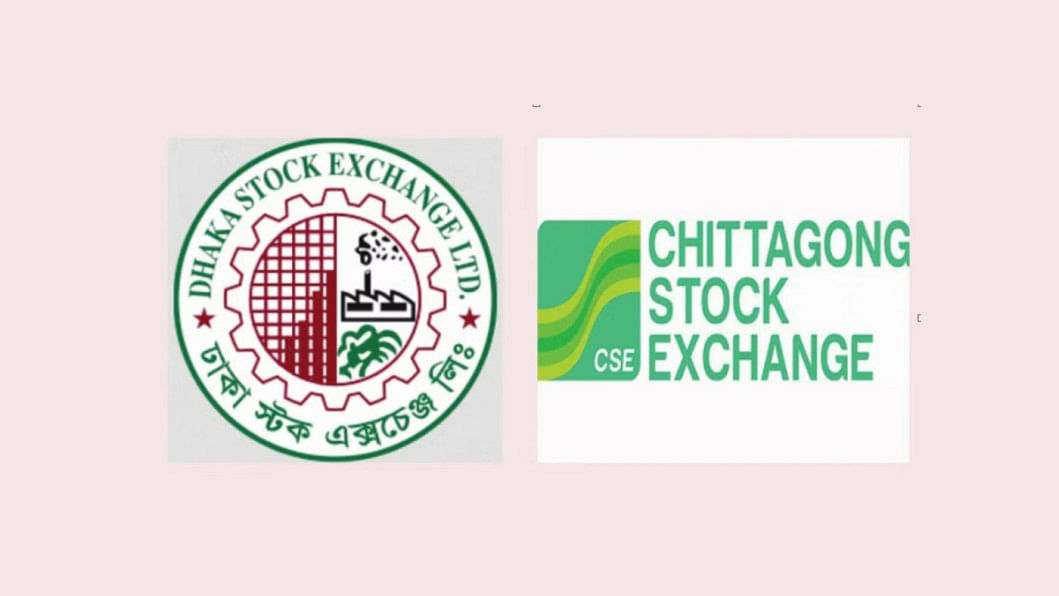
The indices of the stock market in Bangladesh rose yesterday after falling for two consecutive trading days as investors poured funds on low-priced shares to pocket short-term gains amid price swings.
The rise was led by an increase in share prices of companies like Islami Bank Bangladesh, Square Pharmaceuticals, Grameenphone, United Commercial Bank, BRAC Bank and Olympic Industries.
The DSEX, the broad index of Dhaka Stock Exchange (DSE), rose by 16.89 points, or 0.32 percent from that on the day prior, to close at 5,201 points.
Similarly, the DSES, the index that represents Shariah-based companies, grew by 2.89 points, or 0.25 percent, to 1,168 points.
The DS30 index for blue-chip shares went up by 2.48 points, or 0.13 percent, to 1,913 points.
At the Chittagong Stock Exchange, the CSE All-Share Price Index, the main index of the port city bourse, edged up by 23.91 points, or 0.16 percent, to settle the day at 14,558 points.
Of the 937 scrips that were traded at the DSE, 238 witnessed an increase in prices, 98 closed lower while the remaining 61 issues did not see any price fluctuation.
The day's turnover, which is the collective value of shares changing hands, increased by 25.90 percent to Tk 500 crore, the highest in eight days.
The last time it was this high was on November 20, when it amounted to Tk 514 crore.
Stocks of the banking sector dominated the turnover chart, accounting for 16.55 percent of the total.
Block trades, which refers to high-volume transactions in securities that are privately negotiated and executed outside the open market, contributed another 1.8 percent.
NRB Bank Limited emerged as the most-traded share, with a turnover of Tk 30.5 crore.
Sector-wise, travel and leisure, non-bank financial institutions (NBFIs) and jute were the top three to close in the positive, according to the daily market update by UCB Stock Brokerage.
Ceramics and fuel and power became the top two sectors to close in the negative.
In another update, BRAC EPL Stock Brokerage said most of the large-cap sectors, meaning those that account for large amounts in market capitalisation, which is the total value of their outstanding shares, posted positive performances.
The NBFI sector experienced the largest gain of 2.07 percent followed by telecommunication (0.39 percent), pharmaceuticals (0.37 percent), banking (0.33 percent), food and allied (0.16 percent), and engineering (0.03 percent).
However, fuel and power was the only sector that logged a loss of 0.10 percent.

 For all latest news, follow The Daily Star's Google News channel.
For all latest news, follow The Daily Star's Google News channel. 

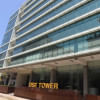
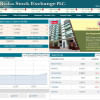
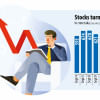

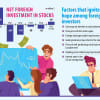


Comments